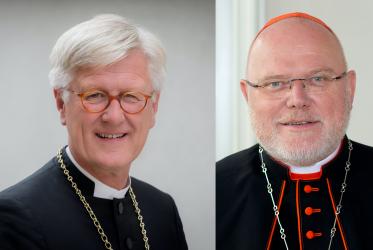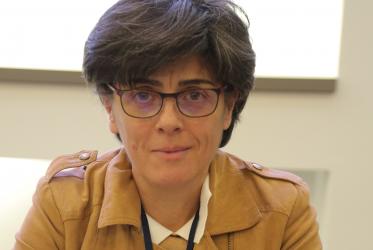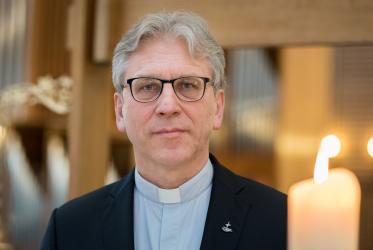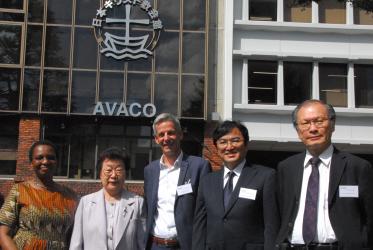Displaying 41 - 60 of 214
Brazilian churches call for transformative racial justice
23 November 2020
WCC executive committee maps future with hope in uncertain times
19 November 2020
Driven by God’s grace and a sense of duty
05 November 2020
Hope prevails in times of crisis in Lebanon
14 September 2020
South Sudan Church leaders welcome new cabinet
15 March 2020
When the salt loses its taste
16 December 2019
In Korea, young ‘stewards of hope’ forge ahead together
19 September 2019
In Japan, theologians reflect on today’s global manifestations of racism
18 September 2019













